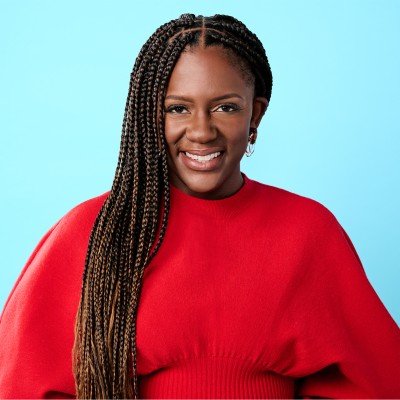The Ripple Effect: Furnishing Futures' Home Designs
/We hope this London-based story during Women’s History Month (and our previous Cake Ventures blog) inspires you to consider new and different ways your skills and experience can reach beyond traditional boundaries to positively impact others and address critical issues. #womenshistorymonth
Emily Wheeler is no stranger to hard work and making a difference in her community. She’s an example of how one woman’s initiative can create a ripple effect across an industry and individual lives.
Most people believe access to social housing includes a minimum of home basics. However, less than 2% of social housing in the area where Wheeler is based is furnished. Most are an empty shell, referred to as furniture poverty - no pots, pans, bedding, even flooring, or a refrigerator. Wheeler describes this housing situation as surviving, not living.
Having worked on the frontline of social services in London for two decades, Wheeler launched Furnishing Futures from her kitchen in 2019. She was determined to address furniture poverty’s impact on domestic abuse survivors. Women with families living in temporary housing frequently have no access to their finances and no clear path forward to buy furniture.
Trained in interior design, Wheeler started taking second-hand furniture to the women living in empty homes in her spare time. Her efforts inspired other designers who began collaborating. Using her design skills and contacts, Wheeler collected more donations to fully furnish these healing homes, as she calls them, treating each home like one of her design projects. Industry leaders took notice. As a result, Soho House, DFS, Dunelm, Cox & Cox, and Olli Ella are just a few of the companies that now work with Furnishing Futures.
Referrals come from the local domestic abuse organizations, where Wheeler then works to set up a home. Assisting vulnerable families with a sense of safety in their new environment is essential, while offering women choices in their furnishings helps them feel ownership and pride in their housing. This combination goes a long way in boosting their well-being, helping to relieve the shame many victims feel, and aims to break the poverty cycle.
Furnishing Futures' core business also addresses sustainability in the industry. The charity provides a solution for excess furniture stock discarded by companies and when beautiful furniture is simply thrown away.
Reducing landfill issues while simultaneously eliminating furniture poverty are objectives Wheeler is determined to tackle. Her charity continues to grow and is currently working toward funding for additional warehouse space as well as opportunities for further expansion.
Learn more about Furnishing Futures and Emily Wheeler here. Or visit them on Instagram here.



